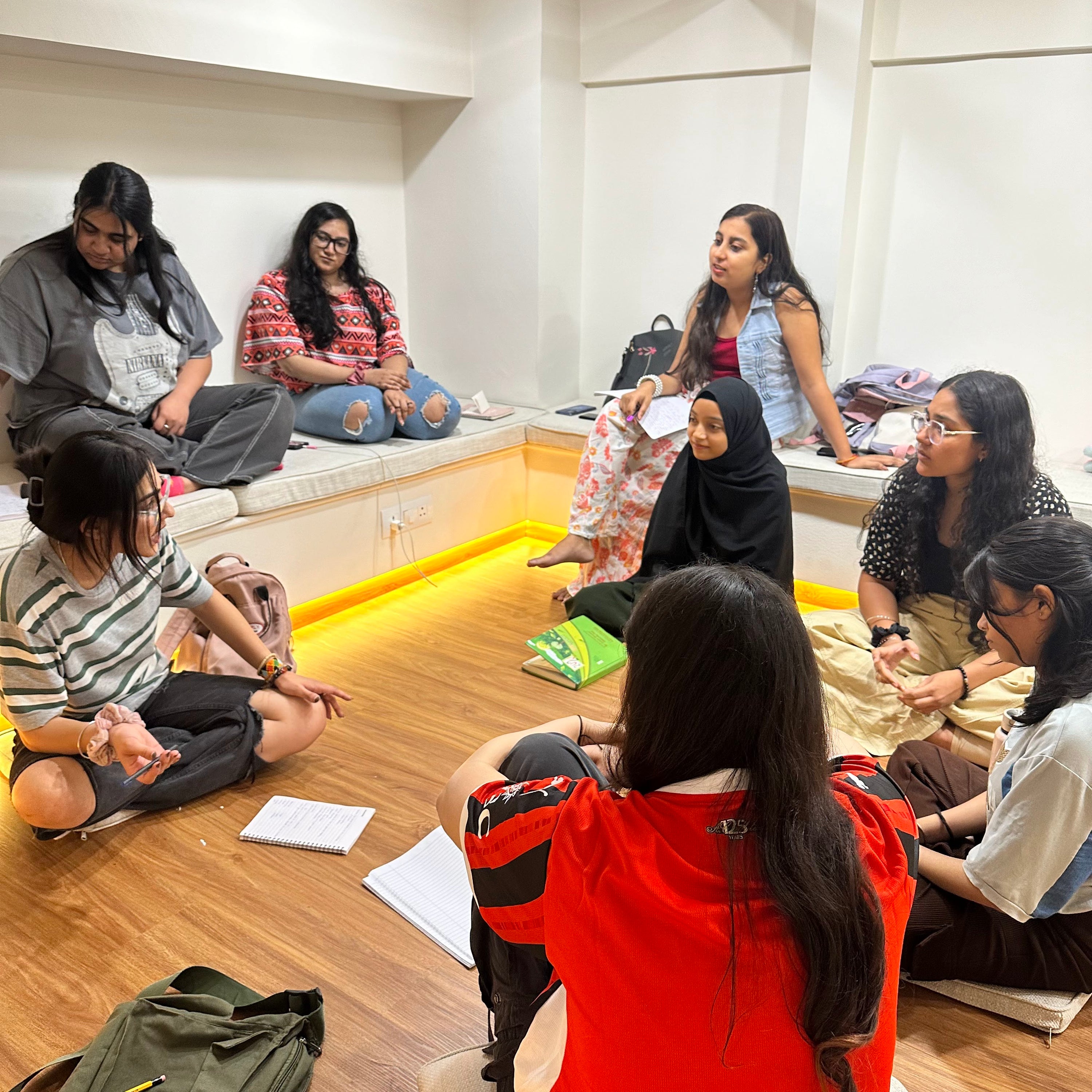

Course Overview
The Dialectical Behavioural Therapy (DBT) Course offers a structured, hands-on experience for anyone looking to develop emotional regulation, distress tolerance, and interpersonal effectiveness skills.
Topics to be covered
-
- Introduction to DBT: Overview & Key Concepts
- Overview of DBT principles: Balancing Acceptance and change
- Explanation of the four modules: Mindfulness, Distress Tolerance, Emotional Regulation, Interpersonal Effectiveness
- Group discussion on personal goals for DBT skills practice
- Lecture on the "What" and "How" skills of mindfulness
- Group mindfulness practice: observing, describing, and participating without judgment
- Case study analysis: Using mindfulness to manage emotional reactivity
- Group discussion and feedback
-
- Introduction to distress tolerance and why it’s critical in crisis situations
- Exploring the concept of radical acceptance
- Practical exercises: The STOP skill and TIPP (Temperature, Intense exercise, Paced breathing, Paired muscle relaxation)
- Group role-play: Applying distress tolerance in high-emotion scenarios
- Lecture on self-soothing using the five senses
- Creative exercise: Building a self-soothing box with personalized items
- Crisis survival strategies: IMPROVE the moment and Pros and Cons technique
-
- What are emotions, and how do they function?
- Identifying emotional patterns and common triggers
- Group exercise: Naming emotions and understanding their impact on behavior
- Reflection and group discussion
- Lecture on ABC skills: Accumulating positive experiences, Building mastery, and Coping ahead
- Guided visualization: Coping ahead of emotional triggers
- Group role-play: Managing difficult emotions using emotional regulation skills
-
- Lecture on the importance of interpersonal effectiveness in relationships
- Introduction to DEAR MAN (Describe, Express, Assert, Reinforce, Mindfully, Appear confident, Negotiate)
- Group exercise: Practicing DEAR MAN in assertive communication
- Lecture on balancing relationships and self-respect using the FAST technique
- Group role-play: Navigating difficult conversations while maintaining self-respect
- Final reflection on personal growth throughout the course
- Q&A session and course wrap-up

Learn for Shivika Chadha
I am a clinical hypnotherapist and psychotherapist with a solid academic background, holding a BA (Hons.) in Applied Psychology, an MA in Clinical Psychology, and an MSc in Psychological Therapies from Queen Mary University of London (QMUL). Additionally, I have a diploma in Clinical Hypnotherapy, which allows me to integrate hypnotherapy into my therapeutic practice. My diverse qualifications give me a broad understanding of human behavior, mental health disorders, and therapeutic techniques. I specialize in using evidence-based psychological therapies alongside hypnotherapy to help clients manage anxiety, stress, phobias, and other psychological issues, promoting well-being and personal growth.
Teaching Methodology
-
- Interactive Lectures: Each session includes an engaging lecture, breaking down key DBT principles with practical, real-world examples.
-
- Role-Playing and Case Studies: Watch live demonstrations and participate in role-playing exercises to see how DBT techniques apply in real situations.
-
- Personal Reflection Exercises: Guided journaling and reflection activities help you apply DBT skills in your own life and practice them daily.
-
- Group Discussions: Collaborative discussions foster a deeper understanding of DBT’s therapeutic impact, encouraging participants to share insights and feedback.
Perks and Inclusions
- Library of e-books
- Career guidance from industry experts
- A chance to be listed as a DBT Practitioner after completing a master's in psychology
- Certification
- Letter of Recommendation to good performers
- Evaluation Report
- Access to resume building workshop
- Case-based learning
- 25 hours of learning
- Personalised mentorship
-
Certificate of Completion
-
Personalised Feedback
-
Network Opportunity
-
End Course Project
Frequently Asked Questions (FAQs)
-
- Yes, the course is designed to provide you with actionable skills and techniques that can be immediately implemented in your clinical practice. Case studies, role-playing, and interactive sessions facilitate hands-on learning that ensures you can apply the concepts effectively.
-
- Yes, upon successful completion of the course, participants will receive a certificate that may be used for professional development points or as part of a continuing education program. The certificate will be sent to the registered email ID
-
- After completing the course, participants may have access to a community forum for ongoing discussion, periodic webinars for course alumni, and opportunities for supervision or consultation on challenging cases.







